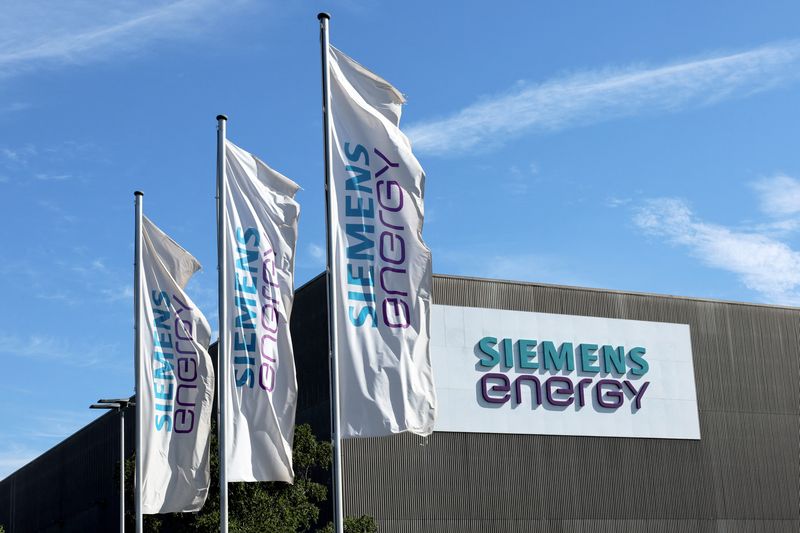Investing.com — GE Vernova LLC (NYSE:GEV) said on Tuesday that it has resumed turbine installations at two offshore wind farms that faced equipment failures earlier this year, but CEO Scott Strazik struck a cautious tone about the challenges facing the offshore wind sector.
Speaking at an investor presentation in New York, Strazik noted that the company is not currently accepting new orders for offshore wind turbines and anticipates further losses in its wind division by 2025.
“We aren’t going to chase bad deals,” he emphasized, adding that onshore wind is also expected to see little to no growth over the next three years.
GE Vernova shares fell more than 2% in premarket trading Wednesday, while Siemens Energy AG (ETR:ENR1n) lost over 1% in European trading.
The wind division has faced significant financial setbacks in 2023, with delays at major offshore projects in the US and the UK stemming from turbine-related accidents. These issues have contributed to substantial losses amounting to hundreds of millions of dollars.
Since becoming an independent company following General Electric (NYSE:GE)’s three-way split earlier this year, GE Vernova has been focusing on cutting costs and boosting profitability, according to Strazik.
The company forecasts a mid-single-digit decline in revenue for 2025, compared to flat revenue expectations for 2024, as stated in a release ahead of the New York investor meeting.
Despite challenges in its wind segment, GE Vernova has seen robust demand for its gas turbines and electrical grid equipment, driven by the increasing energy needs of data centers.
“I can’t think of a time that the gas business has had more fun than they’re having right now,” Strazik remarked.
The company expects orders for gas equipment to reach 20 gigawatts this year, up from 11 GW in 2022. By 2027, GE Vernova plans to ramp up production to 80 gas turbines annually, compared to 55 currently.
For next year, GE Vernova projects revenue between $36 billion and $37 billion, higher than the $34 billion to $35 billion expected for 2024. Free cash flow is also anticipated to grow, reaching $2 billion to $2.5 billion in 2025, up from $1.3 billion to $1.7 billion projected for this year.



